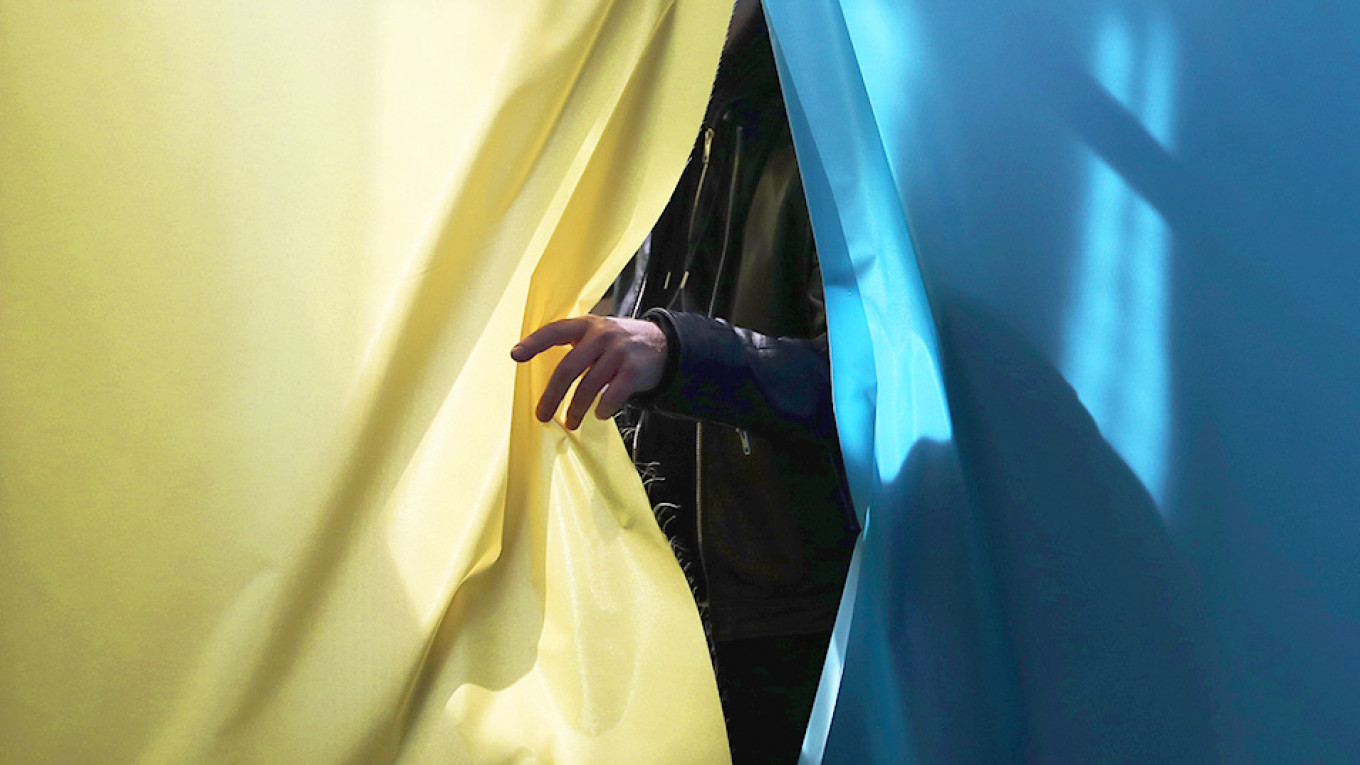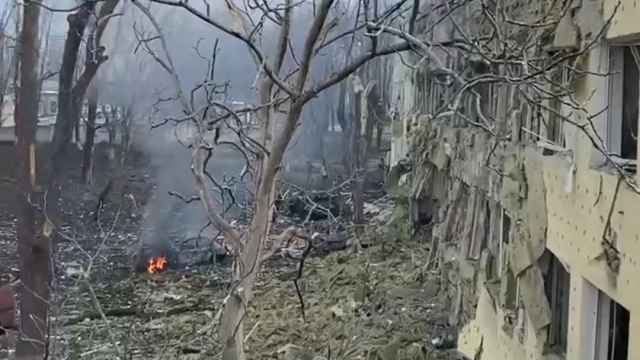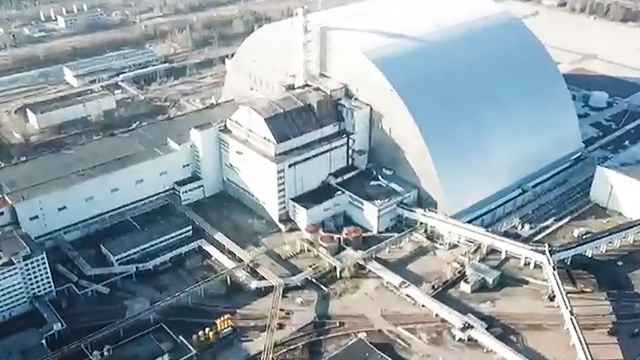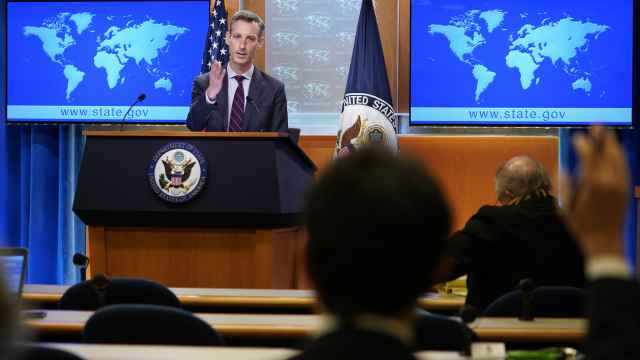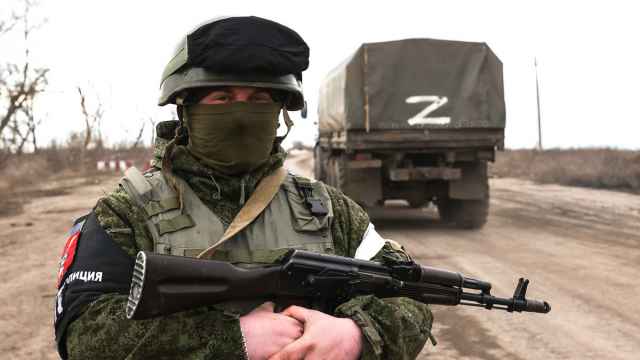The start of the new political cycle in Kiev was eagerly awaited by many. Some were optimistic, others were apprehensive. Some advocated maintaining stability at all costs, others clamored for change. And then, finally, the Ukrainian election marathon was over. The Ukrainian people had made their choice.
With the mess of the election campaign over, the new Ukrainian leadership must now put the rhetoric of the past few months aside, soberly assess the situation in the country, weigh its strengths and capabilities and determine its priorities and immediate tasks. It is abundantly clear that we cannot expect any rapid changes for the better in the domestic and foreign situation in Ukraine.
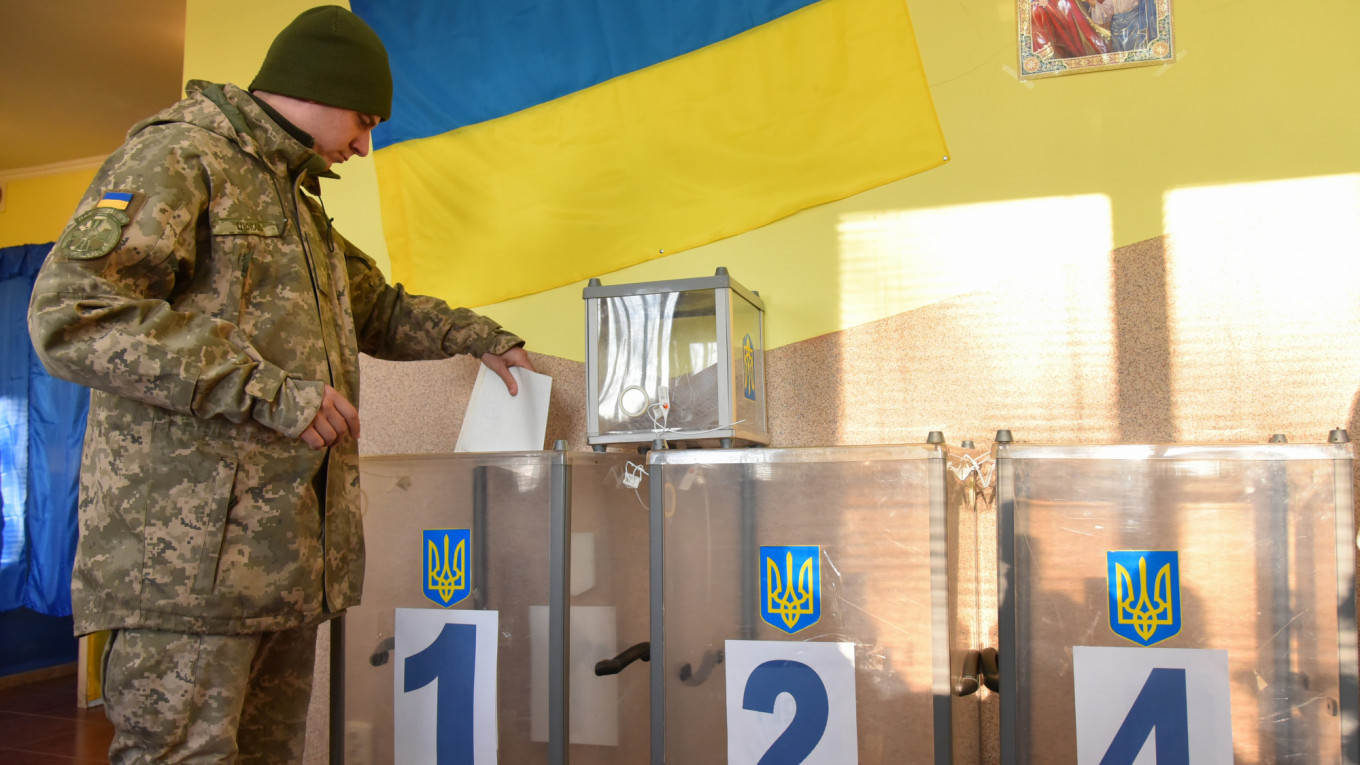
The problems that have accumulated in and around Ukraine in recent years run so deep that it will take a great amount of time and effort to deal with them. The maturity of the Ukrainian people and the country’s political elites is facing a very serious test.
The beginning of this new stage in the political life of Ukraine is also a serious test for the international community. It is clear to everyone that, no matter how the domestic political chips fall, it will be extremely difficult for Ukraine to pull itself out of the current crisis — regardless of how much effort the president and his team put into it.
This means that active international support will be needed to stabilize the situation in Ukraine, overcome the current crisis and consolidate society around the most vital task of the country’s development
It is common knowledge that Russia and the leading Western states have wildly different assessments of the Ukrainian crisis with regard to its causes, nature and driving forces. Some of these differences will be very hard to overcome, particularly in the short term.
This notwithstanding, it is absolutely clear that both Russia and the West should be extremely interested in reducing tensions with respect to Ukraine and launching a constructive political dialogue on issues related to the crisis. After all, in the final analysis, we are not just talking about Ukraine as such; we are also talking about the basic foundations of European and Euro-Atlantic security, which are crumbling before our very eyes.
Russia and the West have experience of such a dialogue, although it is very limited at present. The creation of the Normandy Four on the resolution of the situation in Ukraine and the launch of the Minsk process demonstrated that dialogue is the only way to reach any kind of agreement, which in turn allows us to move towards peace.
While the Minsk process is often criticized for moving too slowly, being bogged down with numerous delays and failing to ensure the implementation of the agreements reached, no fundamental alternative has emerged over the course of the past four years.
Now that the president has been elected, it is important that we do not let this opportune moment slip through our fingers and disappoint the expectations of the Ukrainian people. To ensure that this does not happen, joint work to step up international efforts to resolve the Ukrainian crisis must be launched without delay.
Convening a meeting of the Normandy Four as soon as possible would be a positive step in this direction, at which a number of practical issues could be put forward for discussion.
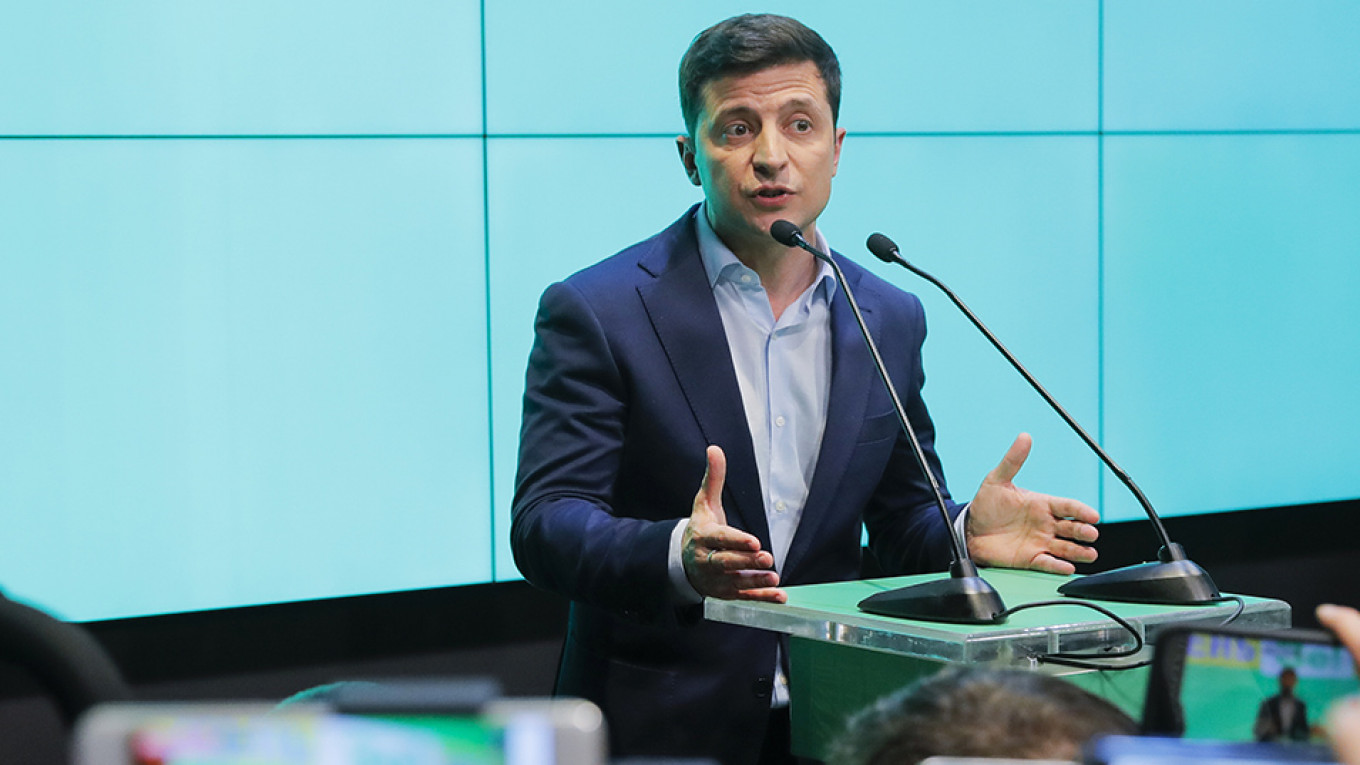
First, it is time to seriously consider expanding the composition of the group. Now would be a good time to invite representatives of the European Union and the United States to take part. And such a decision would be entirely justified, as it would allow external players to pool their efforts, thus avoiding unnecessary competition and duplication.
Second, the President of Ukraine could talk at the meeting about the cabinet’s first priority steps to overcome the socioeconomic crisis and identify areas where international assistance is needed the most. This discussion would be the first step towards the establishment of an international coalition to assist Ukraine, first and foremost in the post-conflict reconstruction of the eastern part of the country.
Third, it would be wise to come to an agreement of the creation of a High-Level Contact Group (consisting of special representatives of presidents or deputy ministers of foreign affairs) to constantly monitor the development of the situation in Ukraine and promptly come up with proposals for possible joint actions. A similar format was used during the Bosnian crisis and proved to be effective.
Expanding the format of the Normandy contact group to work constructively on the resolution of the Ukrainian crisis could have more far-reaching effects. In particular, it would be possible in time to think about expanding the agenda of meetings to include other issues of European security.
Of course, it will be impossible to move forward in the development of a new European security architecture if significant progress is not made on the Ukrainian issue. However, a final resolution of the Ukrainian crisis is hardly possible without the consent of the East and West regarding the foundations of the new security system on the European continent.
The discussion of the Ukrainian and wider European agendas must therefore be parallel, rather than sequential, processes.
Of course, other options for building international cooperation around the resolution of the Ukrainian crisis are also possible. The most important thing here is to have a sense of the value of the moment.
The situation in Ukraine plunged the entire system of relations between Russia and the West into a deep crisis. For five years, it has prevented any kind of meaningful cooperation between Moscow and Western capitals, despite the fact that the urgent need for such cooperation was, and still is, obvious to both sides.
Now there is a chance to help Ukraine together and gradually come out of a crisis that is extremely dangerous for all sides.
A Message from The Moscow Times:
Dear readers,
We are facing unprecedented challenges. Russia's Prosecutor General's Office has designated The Moscow Times as an "undesirable" organization, criminalizing our work and putting our staff at risk of prosecution. This follows our earlier unjust labeling as a "foreign agent."
These actions are direct attempts to silence independent journalism in Russia. The authorities claim our work "discredits the decisions of the Russian leadership." We see things differently: we strive to provide accurate, unbiased reporting on Russia.
We, the journalists of The Moscow Times, refuse to be silenced. But to continue our work, we need your help.
Your support, no matter how small, makes a world of difference. If you can, please support us monthly starting from just $2. It's quick to set up, and every contribution makes a significant impact.
By supporting The Moscow Times, you're defending open, independent journalism in the face of repression. Thank you for standing with us.
Remind me later.



